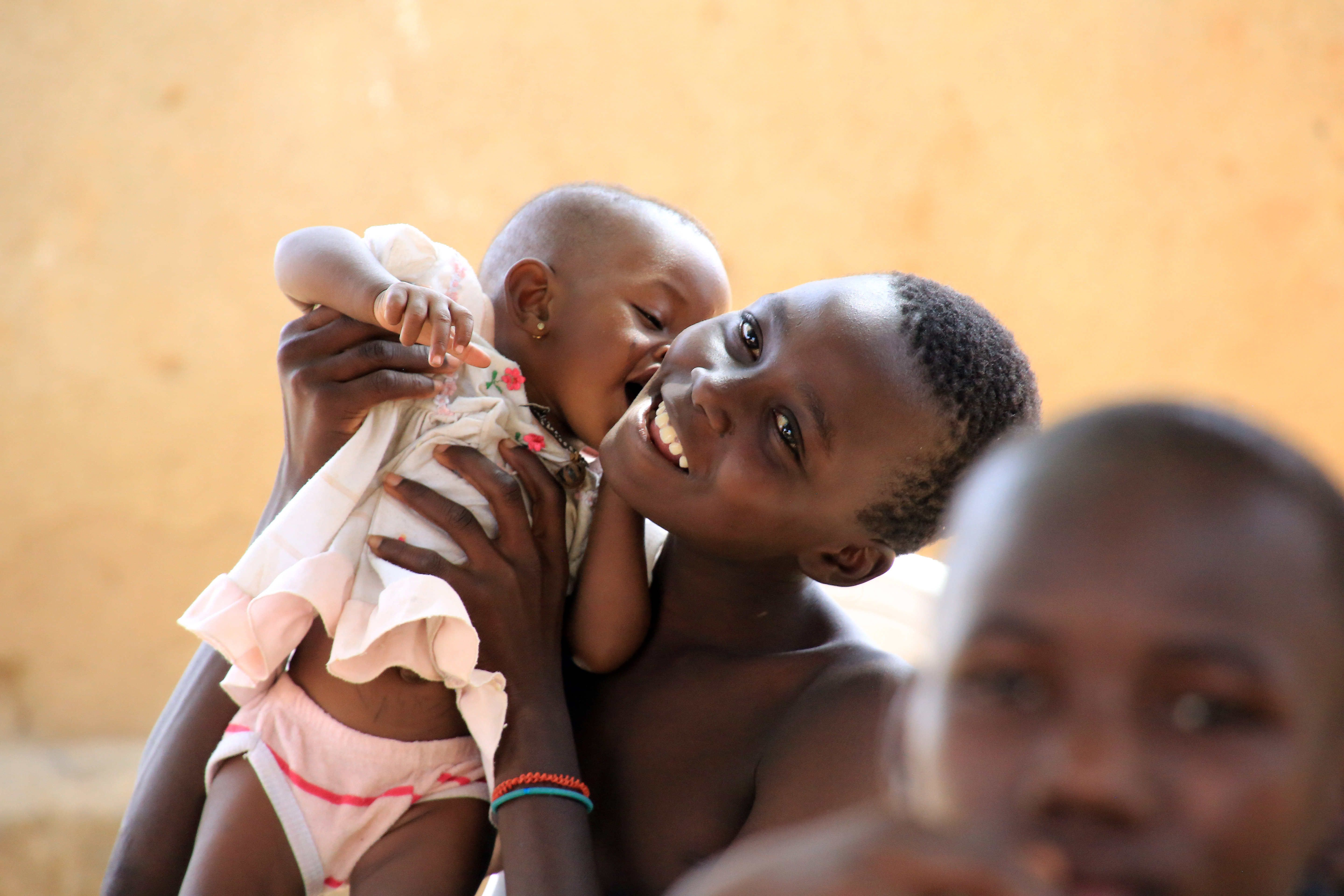We have published almost 50 new publications across Malaria Consortium’s areas of work this year. From research studies to implementation briefs, our top five publications of the year provide a varied look at our work across Africa and Asia.
Malaria:
Preventing malaria among internally displaced people: Adapting and responding to save lives
During 2018, Ethiopia experienced some of the highest internal displacement in the world. In response, Malaria Consortium designed a targeted intervention to support malaria prevention and control efforts across ten sites for internally displaced persons (IDPs). This brief outlines key learning and recommendations around the inclusion of IDPs in national malaria strategic planning activities.
Antimicrobial resistance:
Antimicrobial resistance is a growing threat to our health, causing at least 700,000 deaths globally every year. The death toll is predicted to rise, with most lives lost in low and middle income countries. A coordinated, cross-sectoral and multi-pronged approach is needed at all levels of government to ensure an effective and targeted response to this mounting resistance.
Pneumonia:
The Acute Respiratory Infection Diagnostic Aid (ARIDA) project introduced two automated respiratory rate counting aids in Ethiopia and Nepal to support frontline health workers to classify fast breathing: a symptom of pneumonia. This research brief discusses the usability of the devices, as well as their acceptability to frontline health workers and caregivers.
NTDs:
Untapped potential: Integrating neglected tropical diseases into primary healthcare
Neglected tropical diseases (NTDs) affect more than a billion people in low and middle income countries, and disproportionately impact the most vulnerable. Malaria Consortium believes that a strong health system — and primary healthcare in particular — is integral to the management and ultimate elimination of NTDs.
SAM:
Improving access to treatment for severe acute malnutrition in Nigeria
With the right training and supervision, low-literate community health workers in Nigeria are able to identify and treat severe acute malnutrition among children under five, using a simplified protocol and job aids. This research brief summarises the findings of our pilot study conducted as part of the RISE for Nutrition project.
Now read this: our top 5 blogs from 2019
You can follow our work throughout 2020 by signing up to our newsletters here.
